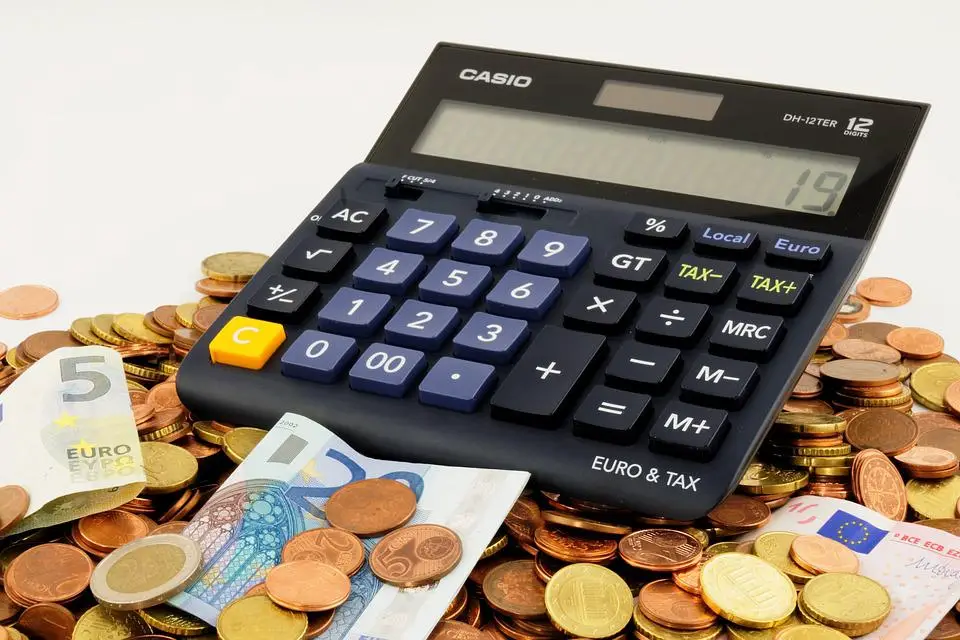As Poslovni Dnevnik writes, the Croatian National Bank (HNB/CNB) said that “Croatian Eurozone accession has no implications for the riskiness of kuna loans”. Regarding interest rates – if the interest rate is fixed, it will remain fixed, and if the interest rate is variable, it will remain so, they claim.
“On the day of the introduction of the euro, the principal amount of the kuna loan will be converted into euros at a fixed conversion rate to be determined by the Council of the European Union without any cost to the bank’s client,” they explained from the CNB for N1.
“Croatian Eurozone accession has no implications for the riskiness of loans denominated in euros. In the case of euro loans, which also applies to kuna loans with a currency clause in euro, there will be no need to recalculate the principal amount on the day of the introduction of the euro because it’s already expressed in euros. When it comes to the interest rate, the approach is going to be the same as it is with kuna loans: if the interest rate is fixed, it will remain fixed, and if it’s variable, then it remains variable,” they added.
What will happen to interest rates?
Financial analyst Andrej Grubisic said that the conversion rate itself is no longer the primary category, but interest rates are…
“The exchange rate at which the kuna will be converted into euros is already known, it will be at a rate of 7.53450, so the exchange rate difference is de facto negligible. I don’t see any room for serious arbitrage or calculations in this regard. The bigger question is what the price of an apartment will be six months from today, not what the exchange rate will be. “Whether an apartment (per square metre) will cost several tens of euros more or less is a far more important question at this moment in time,” said Grubisic, adding:
“Another thing is whether six months from today the interest rates will be slightly higher than they are today.”
Grubisic also noted that the president of the Croatian Association of Banks, Zdenko Adrovic, recently stated that he wouldn’t be surprised if, in the foreseeable future, interest rates are one to two percentage points higher than they are today. Let us remind you that Adrovic told N1 Studio live that the first increase in interest rates by 0.25 percent will come in July, and the next will come very soon after that, in September, also by 0.25 percent.
“Given the fact that inflation is high, we should expect that there will be an increase in interest rates”, Grubisic said, before adding: “I don’t think it’s unrealistic to think that in 12 to 18 months from today, we’ll have one or 1.5 percent higher interest rates than we have today.” He also pointed out that “even today there are pressures for interest rates to go up”.
“Therefore, people shouldn’t be surprised if the interest rate on a housing or other loan in six months is 0.3 or 0.5 percent higher than it is today, because we were in a period of extremely low interest rates, unusually low ones, which is unsustainable if you have inflation that is higher than the interest rate,” said Grubisic.
He was asked if this means that if we can expect higher interest rates in the near future, it is better for people to take out loans now, while the kuna is in force, than to wait for Croatian Eurozone accession on the 1st of January next year? His answer was a clear one: “Exactly.”
“It’s wise to go for a fixed rate loan and avoid any form of calculation or uncertainty that comes from variable interest rates. So, if we’re talking about housing loans, given that these are obligations which are fixed for a long period of time, nobody can tell you what will happen in five, let alone in ten or fifteen years. If today it seems to you that it’s slightly higher than the existing variable interest rate, it may be today, but in the future it may change. That way, you get some certainty and you know what you can count on, there’s no uncertainty with fixed interest rates,” Grubisic concluded for N1.
For more, make sure to check out our dedicated politics section.











